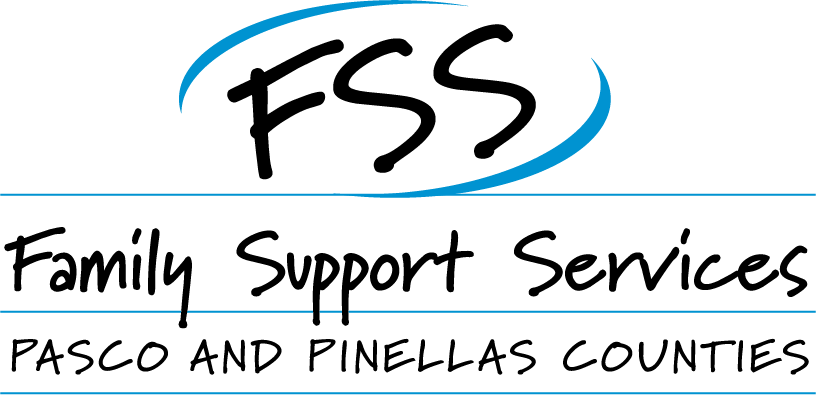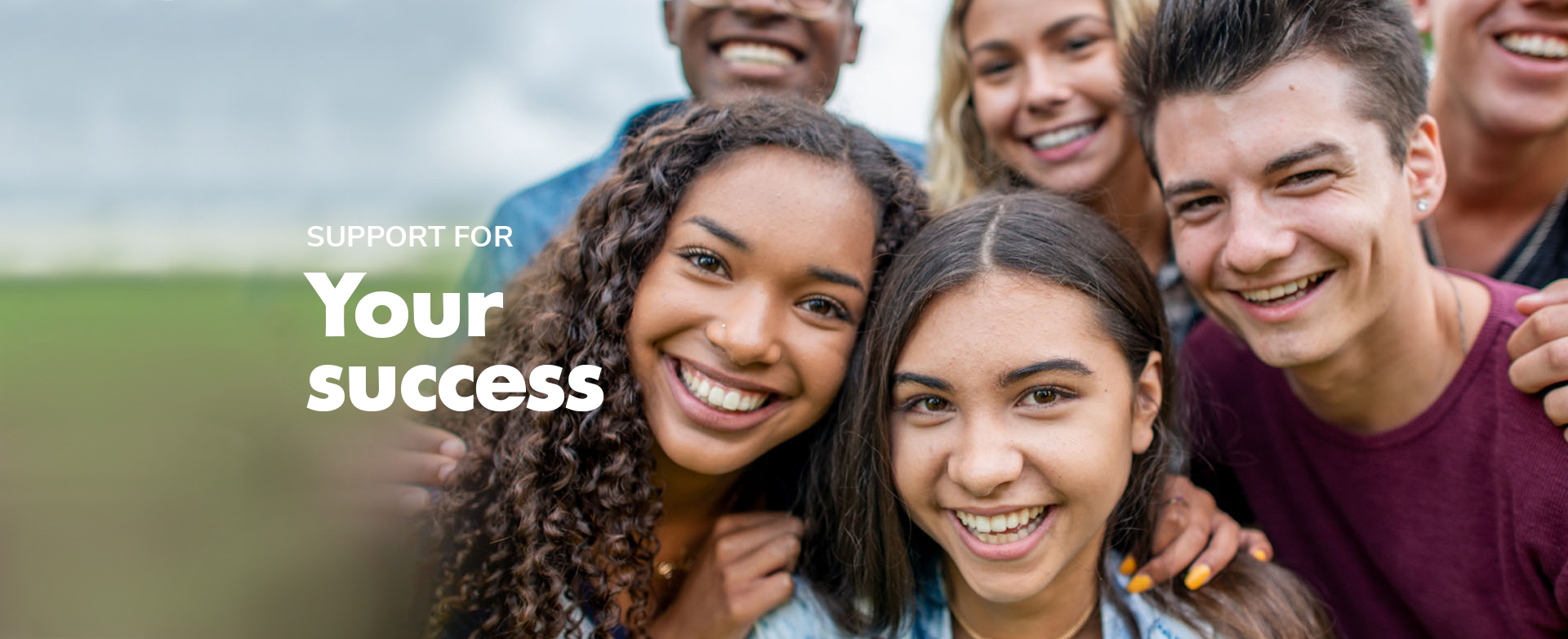As a young adult who has been in foster care, you can take advantage of programs, services and opportunities that will help provide life and work supports.
Extended foster care is a voluntary program for 18 to 21-year-olds in foster care. With the help of your case manager, you’ll have the support you need to reach your goals.
Once your application has been approved, you’ll need to:
- agree to ongoing supervision by your case manager
- live full-time in your approved placement
- help participate in the development of your case plans and transition plans
- attend judicial reviews and court hearings
- maintain and provide verification of participation in a qualifying activity



